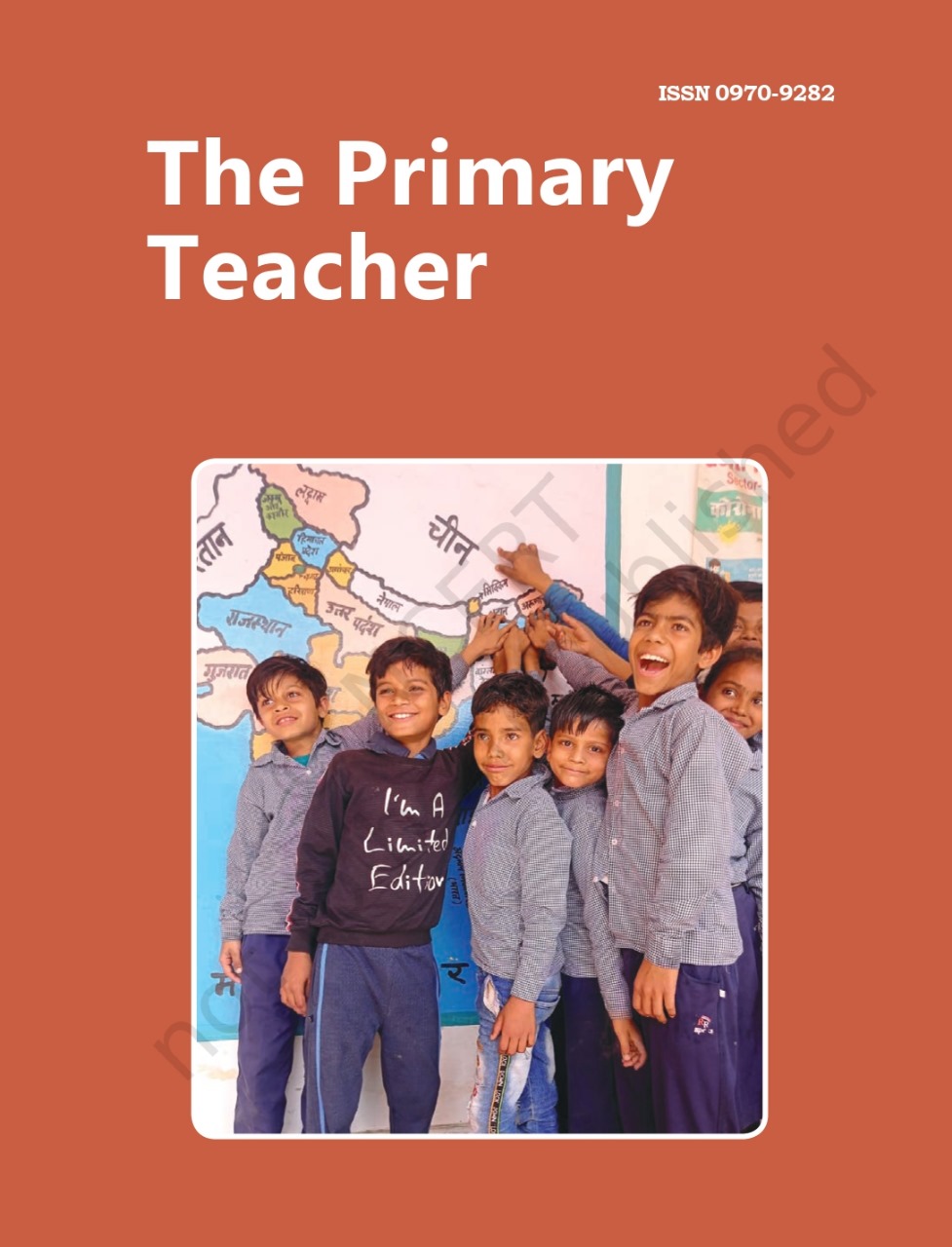
Published 2024-11-26
Keywords
- diverse multicultural society,
- social justice,
- democratic principles
How to Cite
Abstract
The world aspires peace and harmony for our generations to come. There is lot of unrest and turmoil in the world mainly due to intolerance for other cultures and religions. But this will not take any country far since narrow perceptions and attitudes impede progress and prosperity of any country of the world. India is no exception. The present times calls for expanded horizons for a prosperous future of a nation. The onus lies with a teacher to nurture and sustain climate conducive for a child to accommodate in a multicultural classroom. The task of the teacher is not confined to curriculum transaction within the four walls of a school but also has to shoulder a larger social responsibility of reaching out to parents and families as well as cultural, ethnic, and religious groups. A school teacher plays a vital role in dispelling misconceptions about culture and cultural ignorance. At the same time, this does not mean that they should be loaded with another curriculum on peace and value education; rather they need to be guided through ways of integrating academic subject teaching with an inbuilt methodology of nurturing values and ethics for peace and harmony. This can be supported by a well thought out teacher preparation and teacher education programme that provides direction in several ways for integrating teaching of different subjects with values and ethics among children for tolerance of all cultures and religions. The paper emphasises on the importance of peace education not as separate subject but as an integral part of day-to-day school activities.
